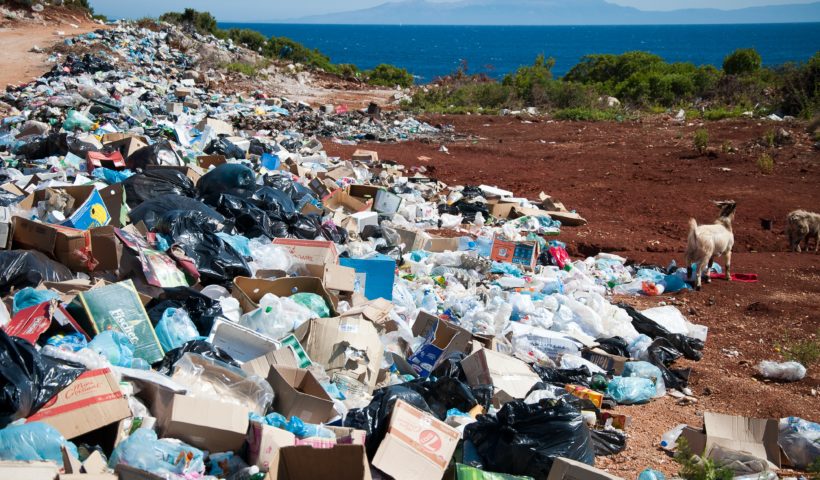Megaprojects are large scale investment projects, many of which are internationally famous, such as Australia’s Sydney Opera House, SpaceX’s program to colonize Mars, and the Panama Canal. Megaprojects garner a high level of excitement — and justly so, as they hold cultural, economic, and social significance. However, the questionable ethics of megaprojects needs to be examined as they increasingly become the dominant mode of infrastructure construction.
View More The Costs of Megaprojects: An Analysis of the Hong Kong-Zhuhai-Macau BridgeCategory: Volume 6 Issue 1
A Credit Card a Week: The Environmental Ethics of Plastics
In an industrialized world, it seems impossible to live without plastics. From food storage to aircrafts, plastics provide benefits that make them an irreplaceable material. However, a consistent increase in plastic production and use has led to a massive plastic pollution crisis. Plastics are produced from non-renewable resources and can never fully decompose. They end up in our oceans, our environment, and even our stomachs (a credit card’s worth per week). Additionally, the massive amount of plastic waste has created a global plastic trade that unfairly places the burden of waste processing on less developed countries that may not be able to support even their own waste. The effects of plastic pollution are reaching a critical stage, and engineers must find solutions to relieve the growing pressure.
View More A Credit Card a Week: The Environmental Ethics of PlasticsArtificial and Unreal: The Ethics of Beautification Technology for Images and Social Media
In today’s digital age, social media plays a major role in the development of adolescent minds. Young people begin posting content in their early years and are exposed to a feed of others’ pictures and videos. However, while this system may ostensibly help people stay in contact with those they do not see in person, it also creates an environment of comparison that can lead to self-esteem and body image issues. Beautification technology like augmented reality filters and photoshop have only exacerbated the issue, making it so that young people are not only comparing themselves to a curated version of others, but an entirely manufactured one. Engineers have a responsibility to examine the possible negative effects of the products they create, and beautification technology leads to far more harm than good.
View More Artificial and Unreal: The Ethics of Beautification Technology for Images and Social MediaThe Ethics of Stockpiling Zero-Day Vulnerabilities
The development of new technology has allowed the evolution of new methods of warfare. The use of zero-days has propelled this exploration and empowered governments to remotely attack the software systems of their adversaries. Despite the potential military benefits of this weapon, government officials are still questioning whether they should stockpile zero-days, especially when the vulnerability is found in software that everyday citizens use. Analyses of previous zero-day attacks and the US government’s overpowering national security stance reveals that the consequences of stockpiling zero-days outweigh the benefits and are a clear violation of the rights of citizens.
View More The Ethics of Stockpiling Zero-Day Vulnerabilities



